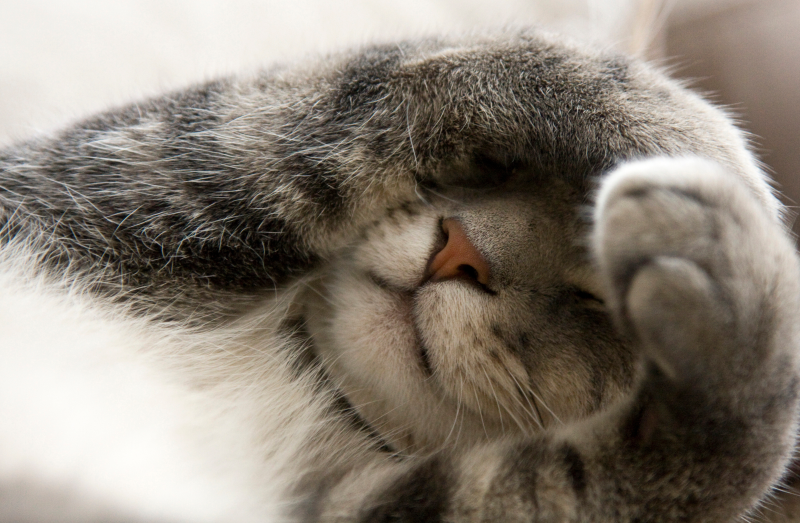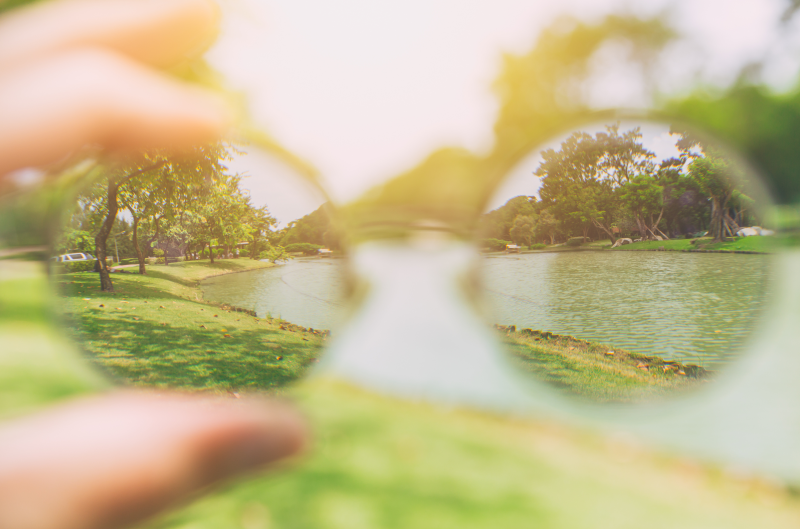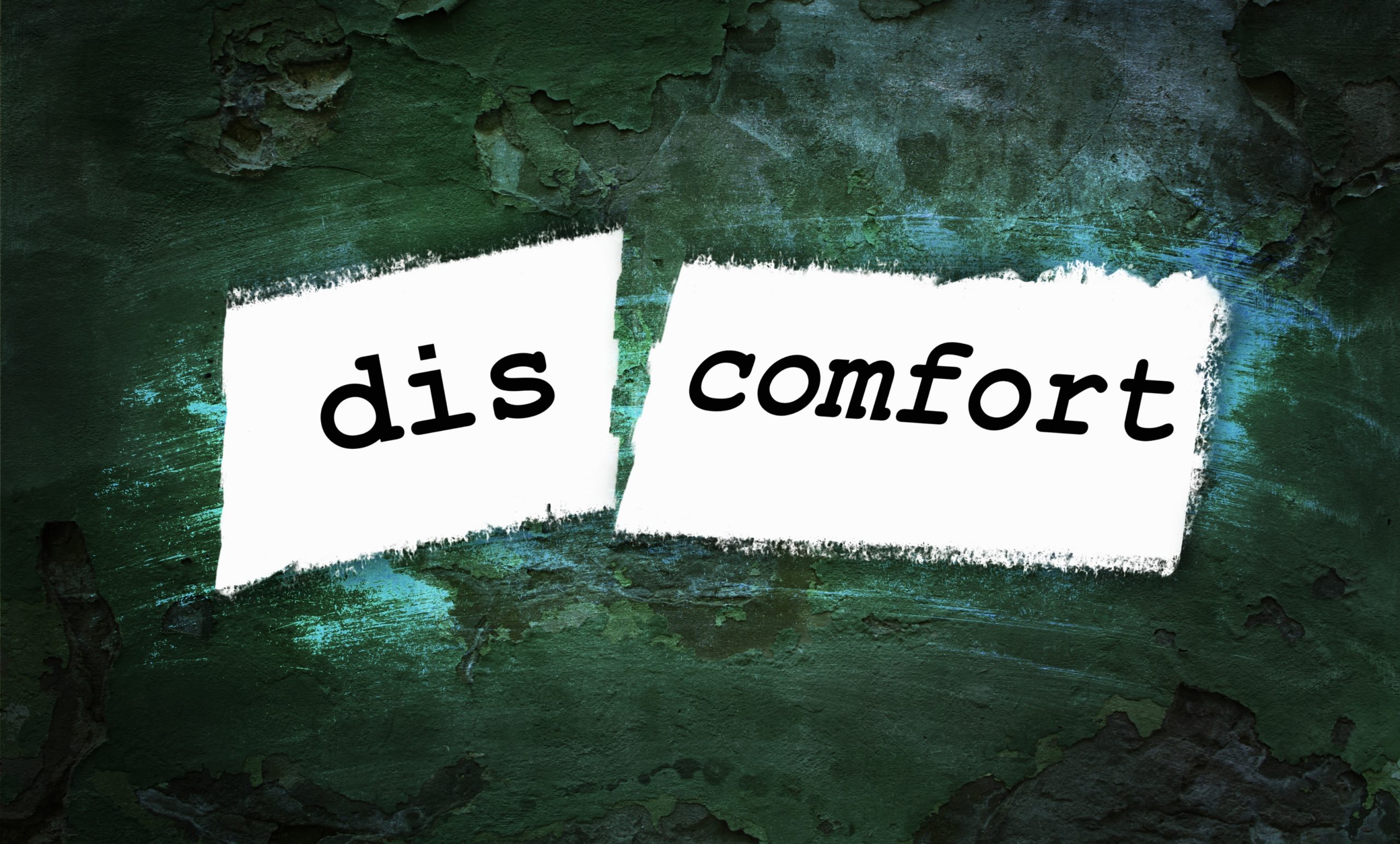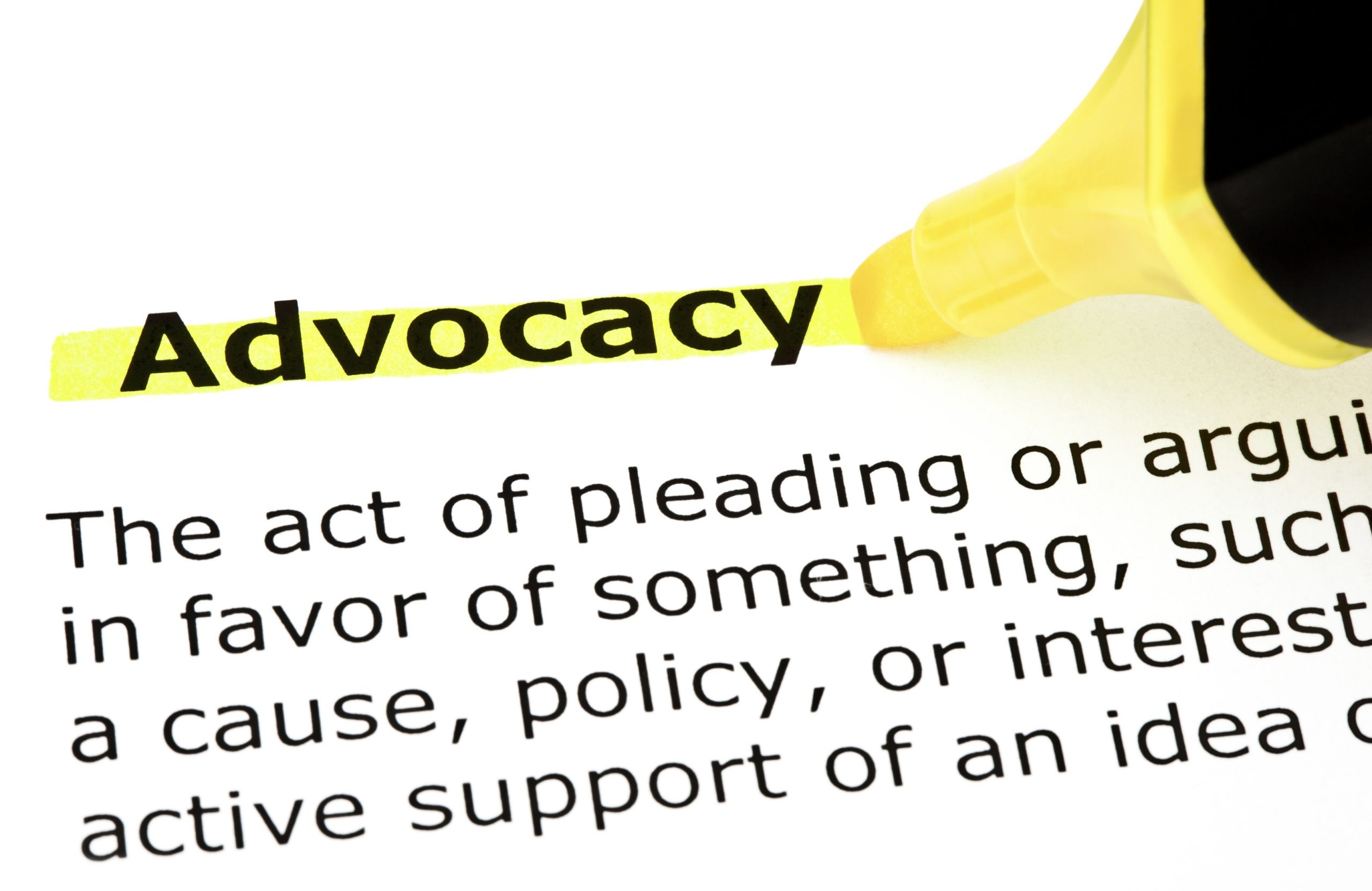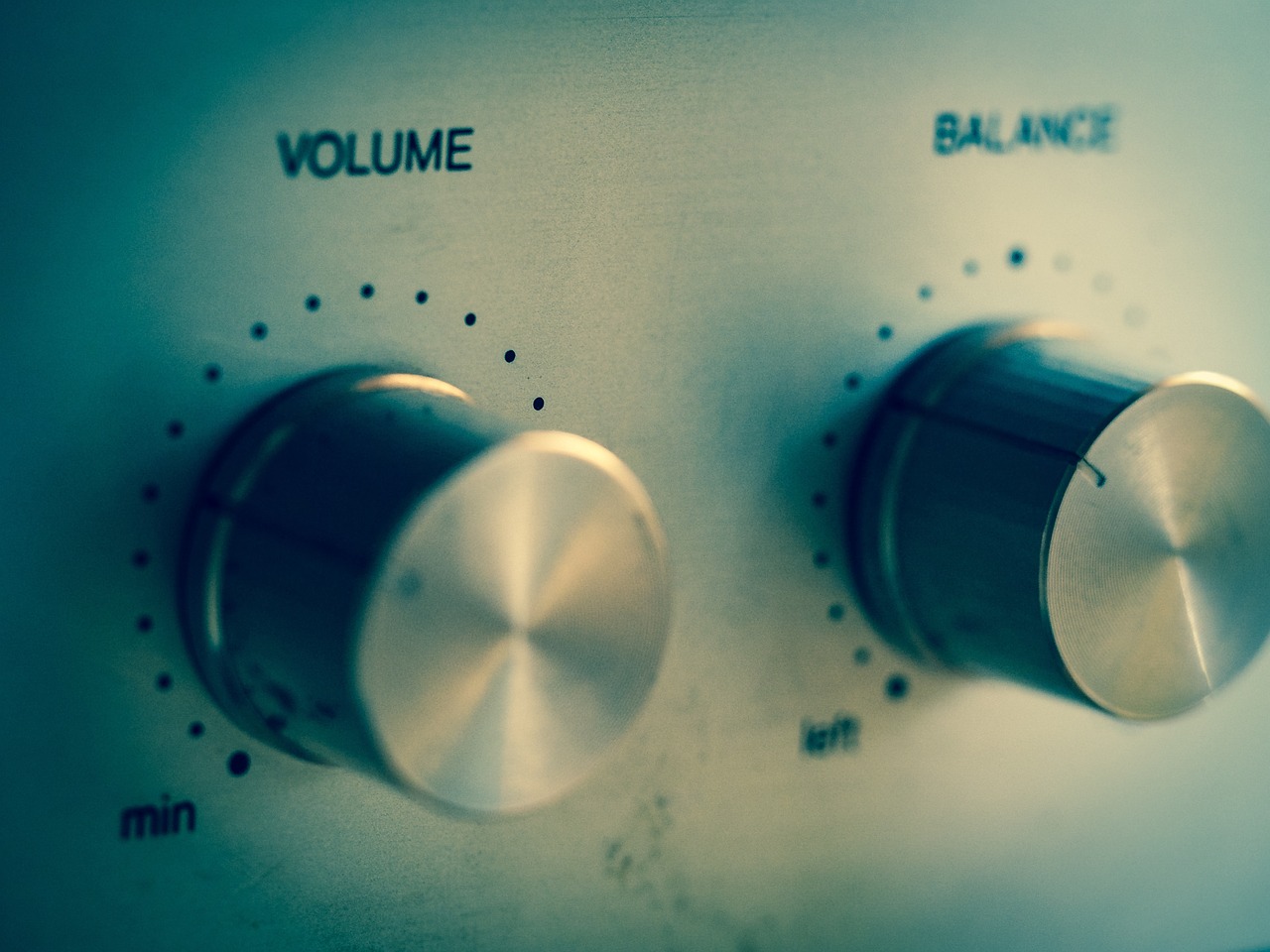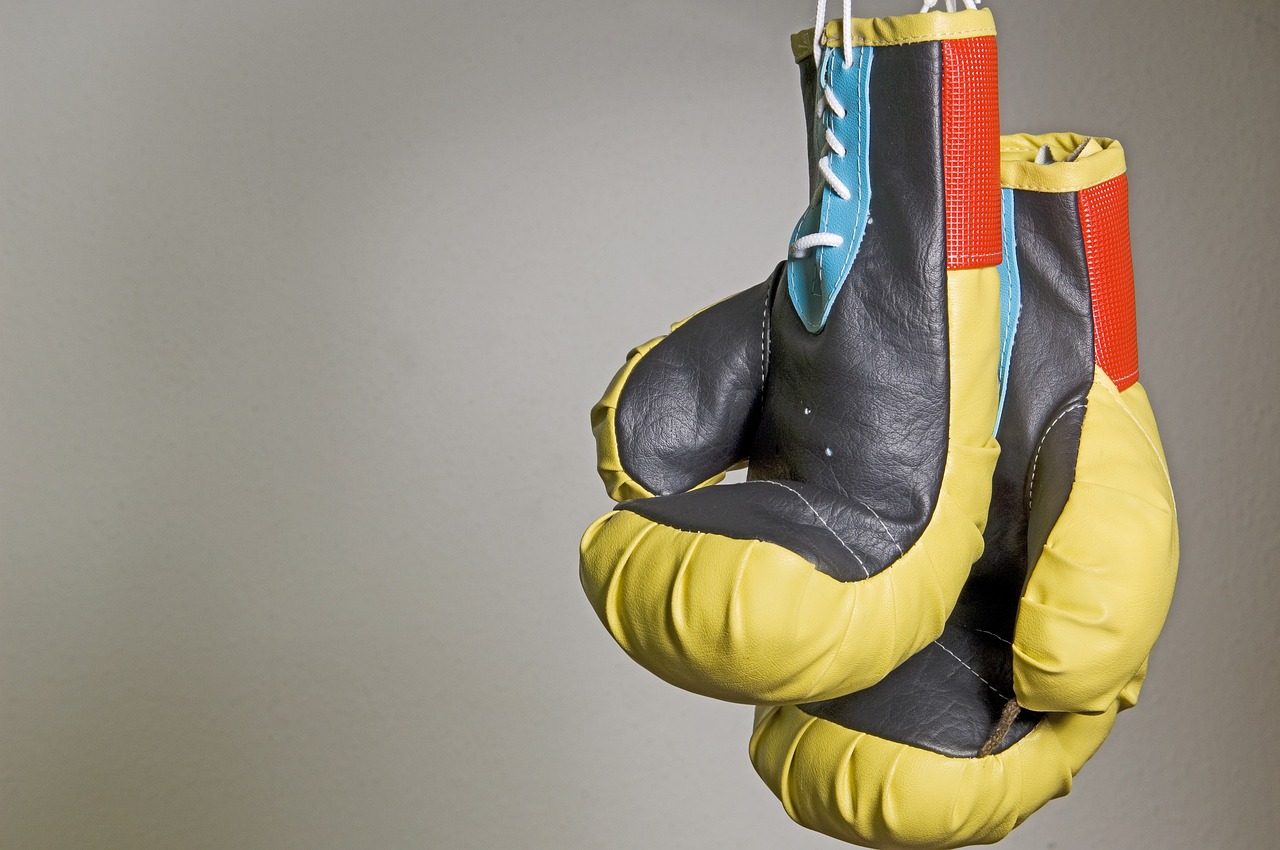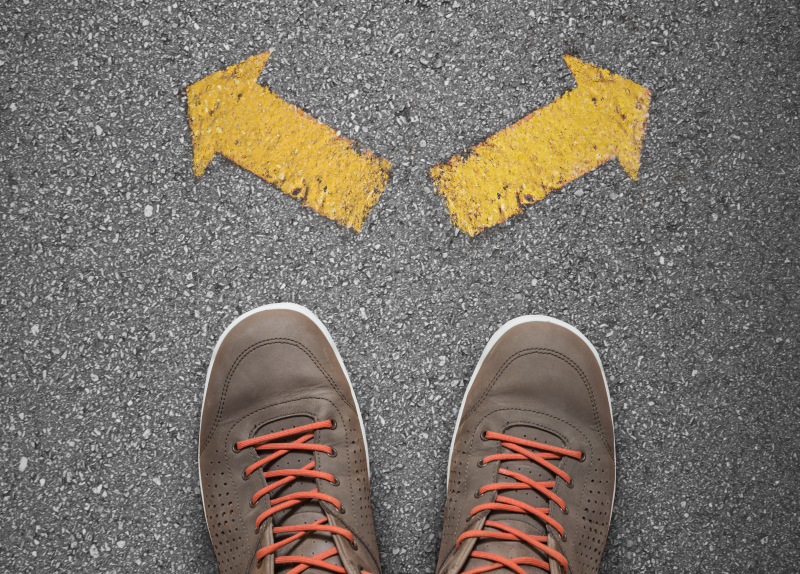
By Yamila García
I recently read an article about how situational constraints can predict someone’s behavior better than personality traits and intelligence. The article truly surprised me because it’s not common to see a type of thinking that clearly goes beyond what meets the eye. The article even asserted that laziness doesn’t exist and that each person’s particular situation ultimately determines how they behave and the results they achieve.
Reading it made me think about how many times my situational constraints limited my potential. How many times I couldn’t truly demonstrate who I am and what I can do, simply because my environment or my current reality wasn’t the most favorable. And not only that, but also how many times I had to hide my vulnerability and couldn’t allow myself to show my fragility, because I couldn’t afford to stop working, studying, or doing what was expected of me. I had to keep going no matter what, and of course, that ended up affecting my results.
Seeing someone write about this, without addressing it exclusively to neurodivergent people, gave me hope because of the empathy and openness I found in those words. It made me feel like there are others who understand, and that situational constraints aren’t just something unique to neurodivergence. It gave me great joy to read something that looks at others and their lives with such human warmth. I don’t know what makes someone have that perspective, but I wanted to share this article so it can reach more people, and perhaps we’ll all be inundated with that much-needed humanity of seeing others not just as people floating in the universe, but as people who are part of a society, who live a particular reality, and who often act accordingly.
I hope many more of us can have this perspective on others. The article can be read here:
https://humanparts.medium.com/laziness-does-not-exist-3af27e312d01
